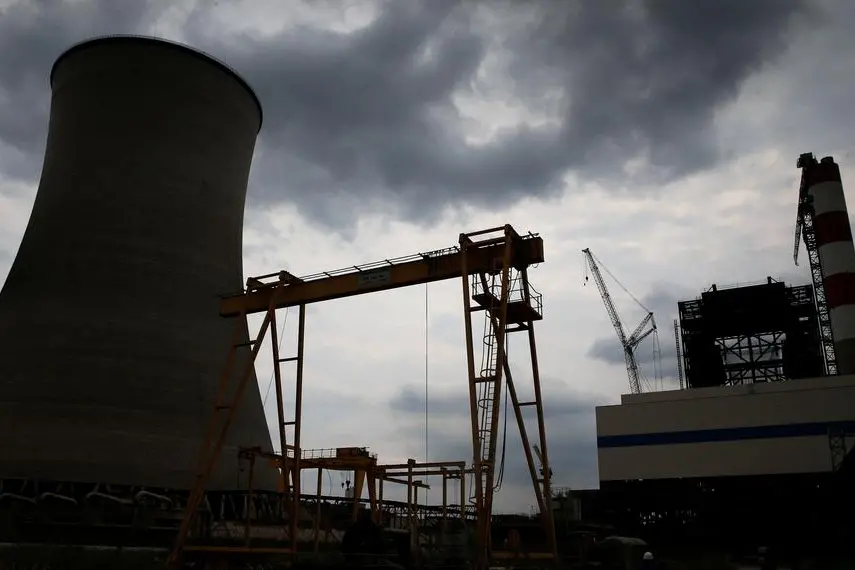PHOTO
(The opinions expressed here are those of the author, a columnist for Reuters.)
LAUNCESTON, Australia - Asia's imports of seaborne thermal coal eased from record highs in January as top buyers China and India saw arrivals ease.
However, there was strength in Japan and South Korea, which helped drive some divergence in prices between the high-energy coal preferred by the third- and fourth-biggest importers in Asia, and the lower quality fuel sought by China and India.
Asia seaborne imports of thermal coal, used mainly to generate electricity, dropped to 77.65 million metric tons in January, according to data compiled by commodity analysts Kpler.
This was 5% below the record high of 81.8 million tons imported in December, which was largely driven by strong demand in China and India.
It's also worth noting that despite the drop in arrivals in January, it was still fourth-highest ever month for Asia, the top-importing region of thermal coal.
China's January imports of seaborne thermal coal slipped to 27.92 million tons from December's all-time peak of 31.59 million, but were still 34% above the 20.86 million from January 2023.
China's appetite for imported coal has been fuelled by strong demand for thermal generation amid lower output from hydropower, as well as by a price advantage compared to domestic coal prices.
The main grades imported by China are lower-energy coal from Indonesia and mid-rank fuel from Australia.
Indonesian coal with an energy content of 4,200 kilocalories per kilogram (kcal/kg), as assessed by commodity price reporting agency Argus, ended at $56.53 per metric ton in the week to Feb. 9, down from its pre-winter peak of $61.70 reached in late October.
Australian coal with an energy content of 5,500 kcal/kg finished last week at $94.44a ton, down slightly from $95.02 the previous week, but still locked within a tight $2 range anchored around $94 that has persisted since the start of November.
India's seaborne thermal coal imports dropped to 13.42 million tons in January, the third-straight decline and the weakest since August last year, according to Kpler.
Similar to China, India's imports remain significantly stronger on a year-on-year basis, rising 27.2% from the 10.55 million tons in January 2023.
JAPAN'S INCREASE
Japan's imports of seaborne thermal coal climbed to 11.24 million tons in January, up from December's 9.99 million, and the strongest month since January 2023's 11.54 million.
Japan's imports usually peak in December and January each year amid winter demand, and the pattern and volumes over the current colder period are largely the same as the prior winter.
The price of Australian 6,000 kcal/kg coal, the grade preferred by both Japan and South Korea, ended at $120.16 a ton in the week to Feb. 9, up slightly from the previous close of $117.28.
The price peaked this winter at $149.12 a ton in the week to Dec. 15, which fits with the data showing stronger imports in January.
Similar to Japan, South Korea's seaborne thermal coal imports also peaked in January, with arrivals of 7.92 million tons, up from December's 7.32 million and the strongest month since July last year.
Initial vessel-tracking for February suggests that Asia's big four importers will see lower arrivals.
Given that supply from top exporters Indonesia and Australia appears to be holding up, this makes it likely that prices will come under downward pressure.
The opinions expressed here are those of the author, a columnist for Reuters.
(Editing by Lincoln Feast.)





















